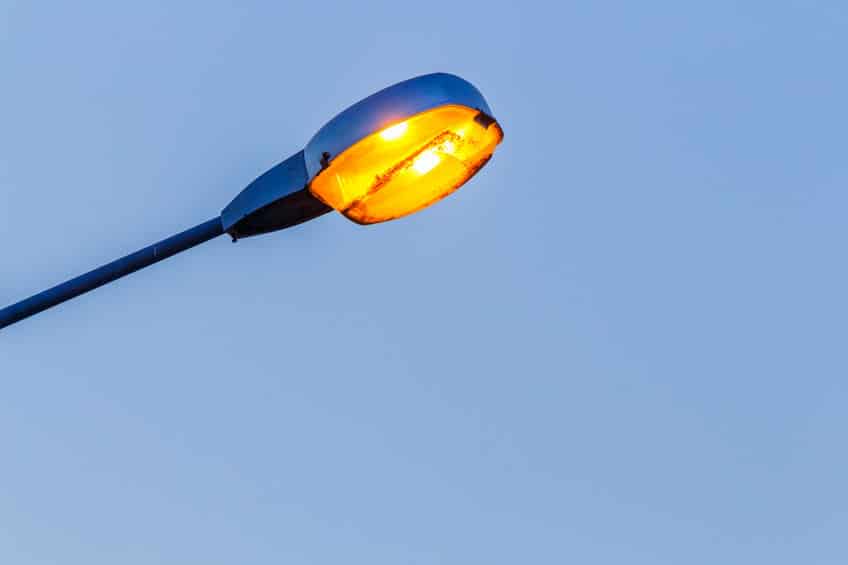TLDR; Allow local residents to control the street lamps, charging sponsorship for the power costs.
On April the 1st 2019, street lighting across Hampshire begun turning off nightly between 1am and 4am. Hampshire County Council claims the switch-off was to save an estimated £230,000 a year in electricity costs.
Ever since this was first raised there have been people arguing for, or against the switch off - but is this the wrong argument? I think so.
One frustrated Eastleigh resident started a petition to at the switch-off.
People on both sides of the street lighting issue have very good points. Is it better for the environment? Is it better on crime? It saves cash that the council can’t afford?
Whether you want the lights on or off likely depends a lot on where you live, and how secure you feel so of course people are going to respond differently. Some people remain entrenched in their binary views - but what about if we become more open minded, and opted for a more sponsor a lamp post kind of approach?
I think we should avoid the turning of “streetlights back on”, or “leave the street lighting off” discussion and look instead to a new solution. Let’s push the decision out to the very local community and away from central powers as high as Hampshire County Council.
The Street Lighting in Eastleigh and Hampshire is remotely controllable by the “MayFlower” street lighting control system. Remote staff at SSE have the ability to turn on and off, or control brightness of street lighting remotely. Each lamp is individually addressable!
According to this article below, the modern street lamps generally use 37W, whereas the new super efficient ones use 12W
So - by my rough worst-case calculations, each lamp costs less than £5 per year to run if it was run at full power, full time. Of course lights only turn on at night, and not to 100% power so the cost for an individual lamp must be cheaper.
Assuming £5 is worst case - this seems fairly cheap if individuals were enabled to sponsor their own local lamp if they want it on? I’m thinking a QR code on each lamp post, you can scan it and can see how long it is sponsored for.
Anyone with an interest in the lamp post could scan the QR code to receive updates, or participate in discussions to see if it should be on or off? Decisions could be made ultra-locally than by the old centrally managed decision for the entire-of-Hampshire approach. We should enable the local individual residents around the lamp post to decide.
Thoughts? am i being crazy?  - the technology to make all this possible is already in place! All that’s missing is the will.
- the technology to make all this possible is already in place! All that’s missing is the will.

 ).
).